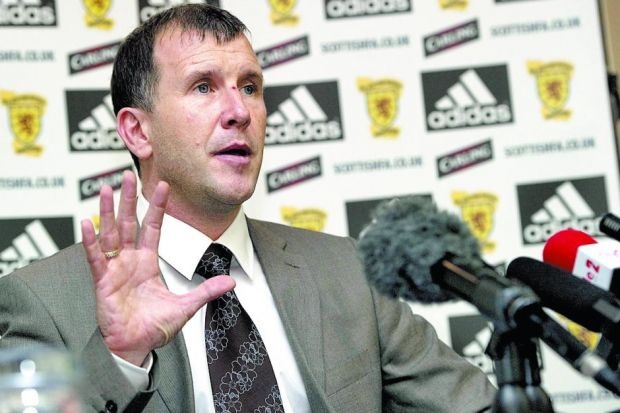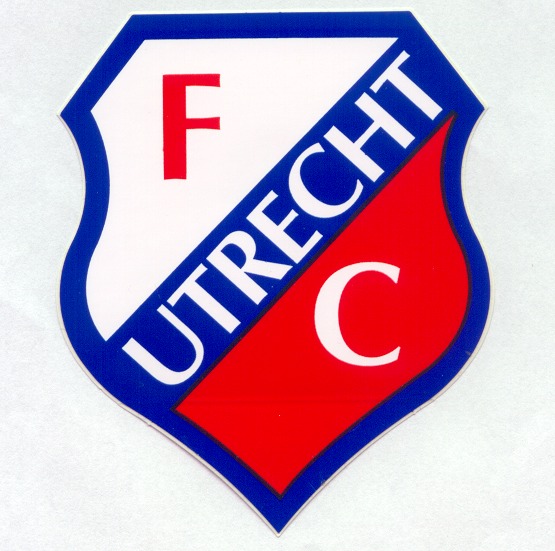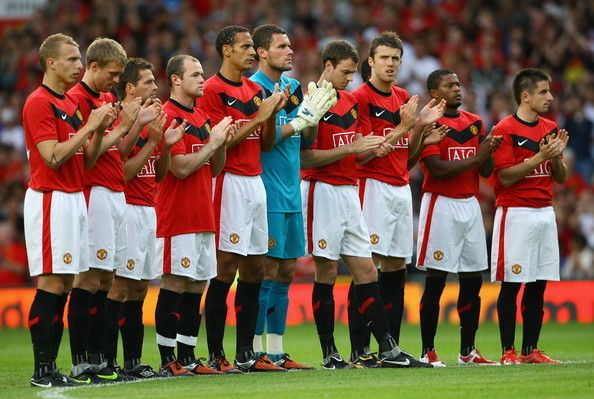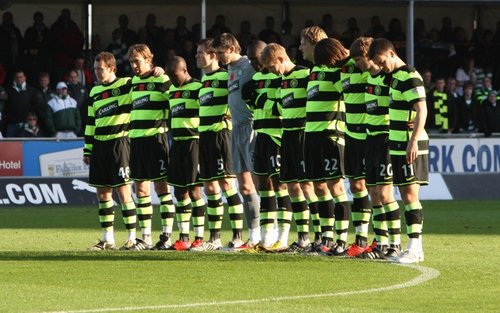The Referee Service
This would be split with the SFA doing the recruitment, training and match appointments (having taken the nature of the game to be officiated into account). However the monitoring and evaluation would be the province of the customer, using referees or ex refs from anywhere to mark to a standard set by the customer. This spilt of responsibilities would prevent any one person being in a position to exert his own influence on referees as a result of being part of the appointment and evaluation process. It would safeguard the SFA from the kind of suspicion that led to the referees’ strike and lead to a higher standard of referee because the customer would be setting the standard not the supplier (as happens everywhere in business but football) If it did not, it would free the SPL/SL to hire their own referees from wherever they could get them. A bit of competition never did anybody any harm and that includes our referees who, if they reached higher standards, would be in more demand outside Scotland.
The Licensing Service
This needs to be more transparent. As it stands it is likely to approve Rangers licensing application that enables them to play in next season’s UEFA competitions. This, despite question marks over Ranger’s ownership; the intent of that ownership; (an intent that has still to be conveyed to the other small shareholders in Rangers), not to mention (Scottish media style) a potential crippling tax bill.
Not only is it likely to approve a license this year in spite of the above, its role in not preventing Rangers getting into the situation they now find themselves in has surely to be investigated and changes made to prevent Rangers, or any Scottish club, endangering themselves and their fellow clubs in the future. In short the Licensing Service that is supposed to protect the financial well being of Scottish clubs has failed and that failure has undermined the integrity of our game.
The process the SFA use is governed by UEFA and the new UEFA Financial Fair Play (FFP) rules that stipulate amongst other things what is to be treated as allowable income and allowable debt come into force for the new season. The problem with the FFP rules is that they are designed to stop rich owners putting money into clubs and thus help restrict player wages, the high cost of which is why so many clubs are carrying so much debt.
Whilst an indirect wage cap will indirectly help Celtic (and Rangers) by making us more wage competitive with our neighbour’s in the Championship and lower EPL, neither ourselves nor Rangers are particularly high wage payers nor do we get income Abramovic style from our major shareholder.
However what Celtic have had to compete with in the last decade is our main rivals Rangers first indulging in a questionable method of paying player wages (EBT’s) and then borrowing beyond their means to repay. This has all but destroyed the integrity of our game, something that can be inferred from the Scotsman article where it says,
‘which last season led the SFA’s legal and moral authority to be undermined by constant challenges.’
It is therefore clear to any observer that the processes that have allowed Rangers to damage themselves and with it the game that the SFA is supposed to protect must be tailored to reflect the reality of the SPL not the EPL.
In Scotland, unlike England where 4 clubs can qualify, the risk of failing to get CL money means the loser can be condemned to being the perpetual bridesmaid or not getting a wedding invite at all, forcing them into taking risks/gambles that can seriously damage the well being of each club, if not end it. So the licensing processes in Scotland have to be tighter to take more of an account of a clubs debt and to confirm that all players at all clubs are contracted on a basis that complies with standard tax law principles. ( a tick against “ Are your players wages subject to PAYE should suffice)
A way of balancing debt with income and expenditure would be a triangulation profile for all clubs. A triangulation profile would have income (A) in one corner, players wages (B) in another and debt (C) in the third. The triangle has to be equilateral and kept in balance and the figures from the accounts supplied to the SFA by clubs have to feed each of the balance points.
It gets more complicated in that what is counted as income has to be defined because some has to be allocated to non football costs,but as these need to be met they have to be included in the formula to set (A). What can be allowed as income will be defined by the UEFA FFP rules but is generally gate money, TV income, merchandising and UEFA money.
Players wages including PAYE and NI should be easy to arrive at and the debt level would have to bear some relationship to the income and wages.
So say for arguments sake (and the multiplier would have to be argued) the debt allowed was 3 times the difference between income and wages (like they used to do in my young days when mortgages bore some relationship to income) then everyone would know if a club was overborrowing if (C) > (A)-(B)*3
A simple spreadsheet drawing on the figures from the accounts with a pie chart to present the picture could be published for each club without divulging the figures beneath and any club not meeting the result of the formula would have their licence to play in UEFA competitions refused as well as it triggering an SFA audit of their accounts.
There is for Scottish Clubs (usually Celtic and Rangers) however an additional issue of what is allowable income for triangulation purposes because of the “skew” affect of Champions League money and the fact that it cannot be depended upon.
Because of the consequences of the proposed profiliing, a club borrowing would have to take a risk that they were always going to have that money as guaranteed income as its loss would risk a refusal of a UEFA license or an audit under the proposed profiling rules.
So what any sensible club would do is not to include money that could not be depended upon in the income, and if they get a windfall (like CL money) that is used it to avoid or to reduce debt levels, not to keep using debt to try and ensure they get the money that enables them to stay in debt, as Rangers have done.
In fact any sensible measure of governance in Scotland with only two realistic competitors for CL money should insist on the CL money being excluded from the debt affordability calculation by removing it from the allowable income. (since Euro Cup money is more dependable and a lot less this could be included as allowable but not CL money)
The principle of limiting debt to what you can afford is one which our banks abandoned to everyone’s cost and is a principle that needs to be restored everywhere never mind being introduced to football. The triangulation profile is a simple representation of that principle and a more detailed one looking at what is and is not admissable as income and what the debt multiplyer might be in the context of Scottish football is required. Any club who wishes to operate as if CL money is guaranteed and is allowable for financial profiling purposes could only do so if they have good reasons to believe that this is the case. Those reasons should be supplied and made public.
Whatever approach is adopted Scottish football needs a more relevant process and the SFA should be saying something about the lack of transparency in the Licensing process and what they intend to do to address it.
Ownership. If the Rangers takeover has highlighted anything it is the need for scrutiny of any new owner or majority shareholder to be a fit and proper person to hold such a position. Their wealth and its sources have to be checked and ownership has to be part of the licensing process. The English F.A have such a test and the background can be found here:
It is not clear if the SFA have an equivalent process in place but if not they should have and they should have at least been a party in the Rangers takeover process and gave Craig Whites “ownership” its approval.
To summarise: The Disciplinary changes, assuming the SFA do rubber stamp them, are a good start by Mr Regan.He has clearly been busy behind the scenes but more needs to be done to improve the services previously highlighted. Celtic will have to keep the pressure on theSFA for change but all football supporters in Scotland are stakeholders in seeing changes happen. The Celtic support in particular, having been the first to demand transparency and accountability of the SFA at an Open Meeting in March 2010 (before even Celtic did) need to find a way to be involved. It is good to see the CSA suggesting a summit of all supporter groups to look at how we take up our stake.
“I would like us all to meet up and discuss a strategy for the future; how can the Celtic support have an influence on the SFA and SPL? How can we influence the other clubs in Scottish Football? We need a collective approach to anything we are going to do; any action whatever it would be would only succeed with the 100% support of all of us” Joe O Rourke CSA
http://www.celticsupporterassoc.co.uk/content.php?r=172-Time-for-a-Summit-of-Celtic-Supporters
How that summit process might pan out will require another article.





